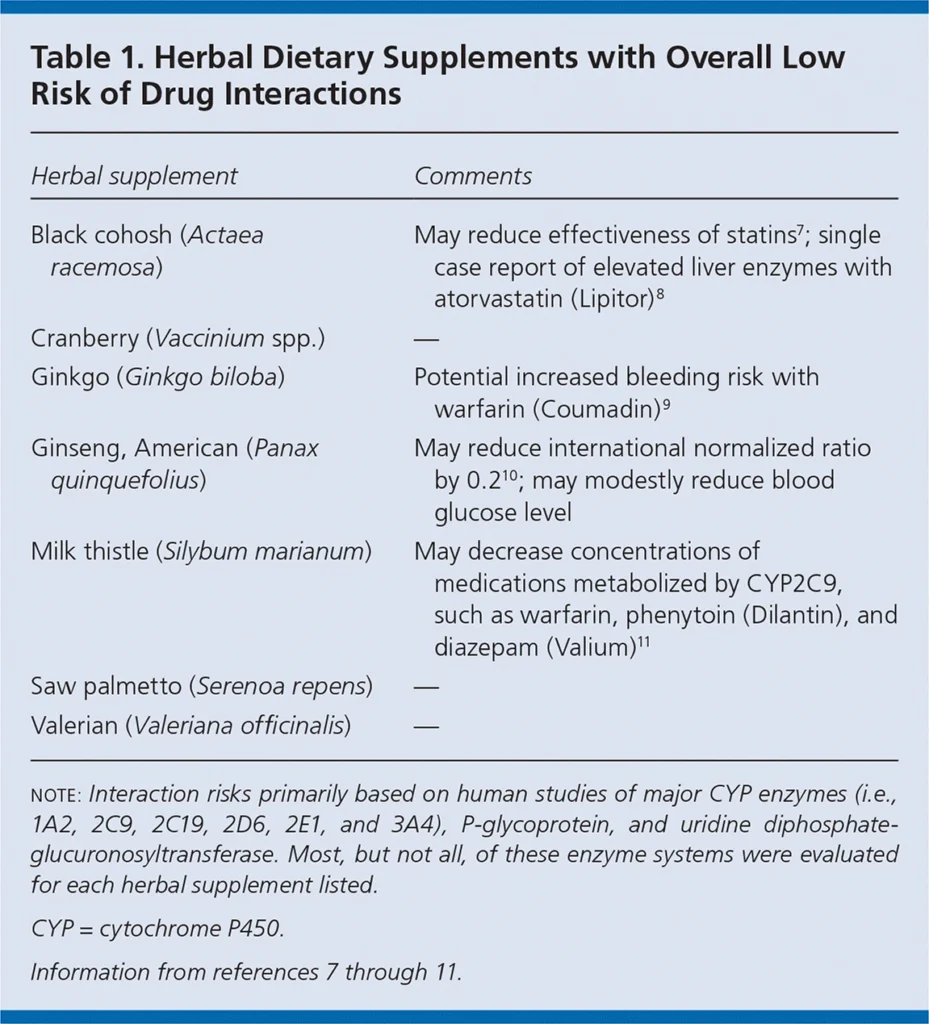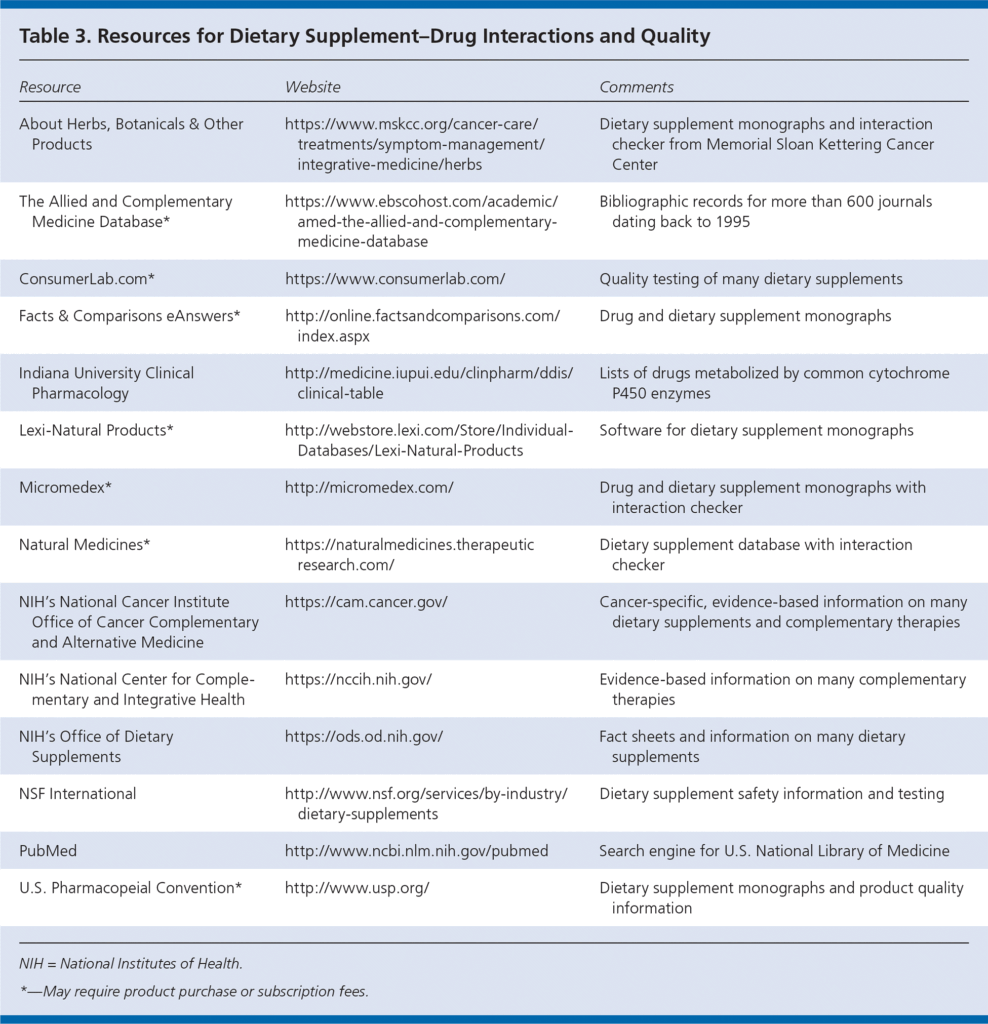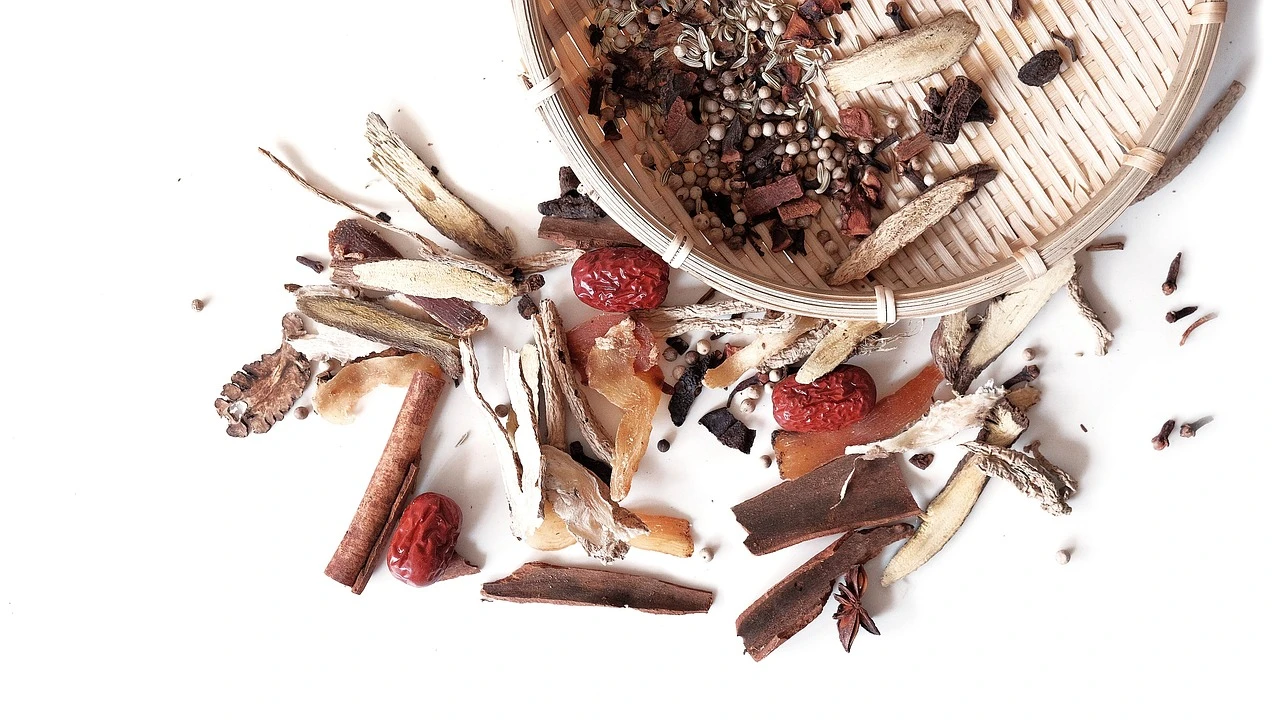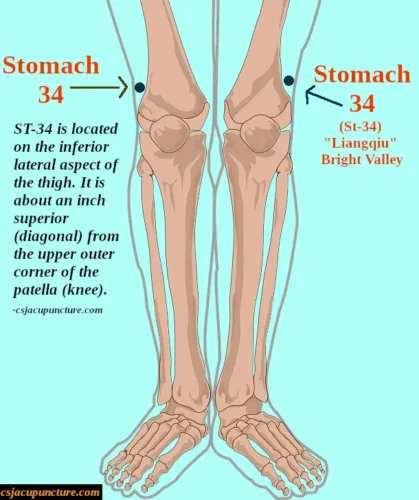This post may contain affiliate links and ads in which we may earn a small percentage of purchases.
Quick Links
The Dynamic Nature of Herbal Prescriptions
First rule of thumb when prescribing herbs for patients: This formula is for the symptoms the patient currently has, and it will change over time.
Why is this important? It contrasts with the “one-fix-forever” approach prevalent in modern healthcare. Integrating these ideas and strategies allows practitioners to manage treatments better and ensures that patients follow regimens tailored to their evolving needs.
In TCM, once symptoms dissipate and the formula is no longer needed, the patient stops taking it. If a condition arises again that warrants the use of the formula, the patient resumes taking the prescribed formula and dosage as recommended.
Synergistic Nature of Herbal Formulas
Herbal formulas work synergistic to treat the patient and underlying conditions. Formulas are never single-herb; other herbs are added to create balance and address multiple organs or targets with varying strengths based on the severity of the condition.
To add to the complexity, even formulas, which are combination of herbs, are combined with other formulas to create an intricate combination of herbs individualized for each patient.
Modifying Herbal Formulas
What if something changes? Practitioners are indeed allowed to prescribe modified versions of the formula. This flexibility is a key aspect of herbal prescriptions in TCM. It is easier to add or subtract raw herbs from a formula compared to granulated or encapsulated herbs.
For example, a common formula prescribe in the clinic is Xiao Yiao San, The rambling powder, is used when a patient exhibits signs of liver qi stagnation. Now when the patient begins showing signs of excess heat along with the liver qi stagnation (due to various reasons, but that is for another time), then the formula Jia Wei Xiao Yao San is a better choice.
| Xiao Yao San | Jia Wei Xiao Yao San | |
| Chai Hu (Bupleuri radix) Dang Gui (Angelicae radix Bai Shao (Paeoniae radix alba Bai Zhu(Atractylodis rhizome macrocephalae) Fu Ling (Poria cocos) Sheng Jiang (Ginger) Bo He (Mint) Gan Cao (Licorice) | Xiao Yao San + Mu Dan Pi (Cortex Moutan) Zhi Zi (Fructus Gardenia) |
In addition, if the patient is experience digestive issues or if the formula is too cloying, then a digestive formula is prescribed alongside. Again, depending on the patient’s situation.
Preventative Use of Formulas
Yes, some formulas are used as a preventative on a daily basis, for a time period which may vary. For example, formulas like Yu Ping Feng San or single herbs like ginger can be used daily as needed.
Yu Ping Feng San (Jade Windscreen Power) is a TCM formula for keep up our immune health and assist in preventing colds (not specific to any type of respiratory illness, but rather If a patient’s condition changes, a new formula would be warranted.
However, when the patient’s status changes, for instance they acquire a cold or there is a change in there health that would be contra indicative or counter productive to the prescribed herb they are taking, then re-evaluation of the prescription is needed. Basically stop what you are taking and let’s readjust, or re-calculate the formula.
Raw Herbs vs. Prepared Prepackaged Forms
In the modern day acupuncture clinical setting, both raw and prepackaged herbs can be prescribed to patients. However, technology has allowed for the processing of herbs to be dispensed in more convenient ways. Is it at the expense of the
Prepackaged Formulas
Convenient, better tasting, and available in multiple forms including granulated pills and granules. Doesn’t need preparation, more modern day solution.
Raw Herbs
Typically prepared as a tea and consumed as a liquid, which may act more quickly. However, both raw and encapsulated herbs require time, usually a few days to two weeks, to show effects.
Herbs are measured using Standard International Units of Measurements,
The Importance of Consulting a Licensed Herbalist
It can be tempting to try a new herb that you heard about from a friend or saw in the news, especially when it promises impressive health benefits. However, self-prescribing herbs without professional guidance can be risky and may not align with what your body needs. In TCM, the effectiveness of an herb is highly dependent on the individual’s specific condition, constitution, and overall health status.
Seeing a licensed herbalist, such as an acupuncturist, is crucial. These practitioners have the training and expertise to diagnose your condition accurately and prescribe the appropriate herbal formulas. They consider your unique symptoms, health history, and any potential interactions with medications you are currently taking.
Herbalists tailor treatments to suit your evolving needs, making adjustments as your condition changes. This personalized approach ensures that you receive the maximum benefits from herbal therapies while minimizing any potential risks or side effects. Always consult a licensed herbalist before starting any new herbal regimen to ensure it is safe and suitable for you.
Drug-Herb Interactions
Understanding drug-herb interactions is crucial. Knowledge of which herbs and drugs can cause adverse interactions is essential. For example, grapefruit is known to interact negatively with many prescribed medications and is generally avoided.


Special Considerations and PreCautions
For cancer patients undergoing chemotherapy, prescribing herbs are generally avoided due to a number of factors. Unless a situation calls for the use of herbs as a last resort, and under close guidance of a licensed herbalist with experience in this area. Currently there is insufficient information on interactions with cancer drugs, and it’s best to avoid any potential side effects.
However, acupuncture is considered generally safe from a clinical perspective and does not necessarily raise concerns with the treating oncologist, nor disrupts the treatment, from my personal clinical experiences. As stated before in previous articles, the acupuncture treatment is not treating the cancer, but rather any issues with side effects from treatment.
Jump-start your metabolism with the 21-Day Smoothie Diet! Replace meals with delicious, nutrient-packed smoothies that help burn fat, boost energy, and keep you feeling full. Start your transformation today →
Medical Disclaimer: This article is for informational and educational purposes only and is not a substitute for professional medical advice, diagnosis, or treatment. Always consult a qualified healthcare provider with any questions about a medical condition or treatment.





